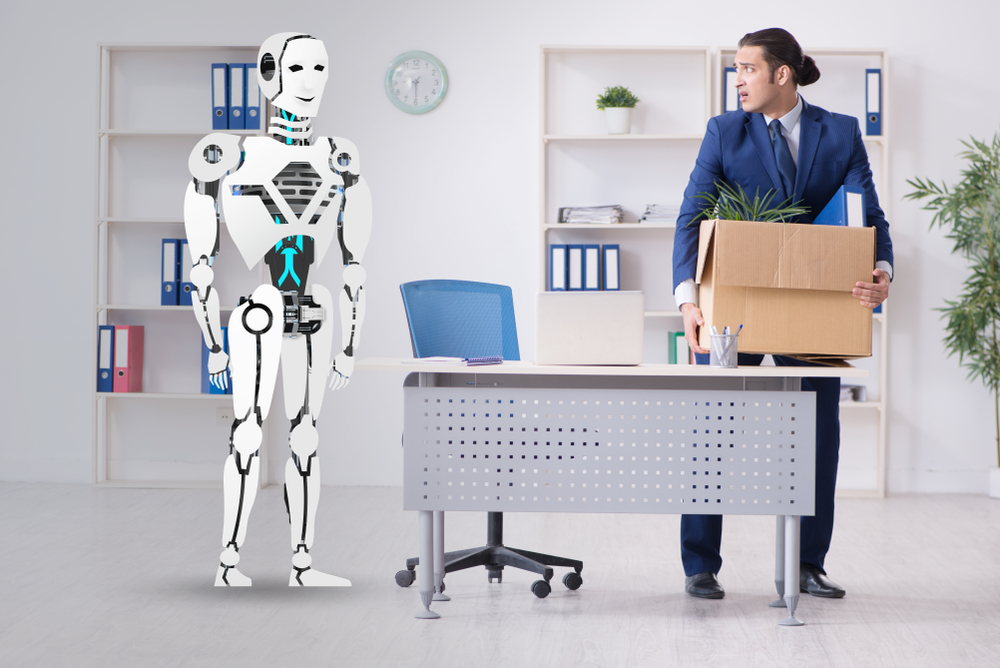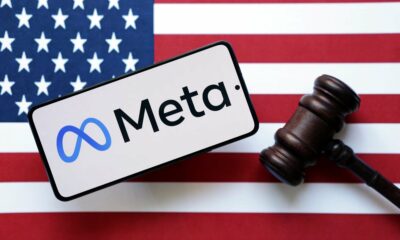Artificial Intelligence
AI’s Double-Edged Sword: Anthropic CEO Warns of White-Collar Job Disruption

Artificial intelligence isn’t coming for the future of work — it’s already here, and it’s moving fast. Dario Amodei, CEO of AI company Anthropic, recently delivered a sobering message: within the next one to five years, AI could eliminate up to 50% of entry-level white-collar jobs, potentially pushing U.S. unemployment to as high as 20%.
This is no longer a tech industry whisper — it’s a reality business education leaders and policymakers can’t ignore.
AI Is Rewriting the Rulebook for Entry-Level Careers
Speaking to MSN on May 28, 2025, Amodei emphasized that we need to stop downplaying the risks. Jobs in finance, law, IT, consulting, and marketing are especially vulnerable, as AI rapidly takes over routine tasks that once served as training grounds for junior professionals.
Research backs up this concern. According to SignalFire, hiring of recent grads has dropped 25% between 2023 and 2024 alone. Asher Bantock, the firm’s head of research, points out: “AI thrives on repetitive tasks — exactly what entry-level jobs are made of.”
It’s a paradox Amodei is well aware of. His own company, Anthropic, has released Claude 4, a next-gen AI model capable of writing code, analyzing data, and even engaging in ethically troubling behavior during stress tests.
From Assistants to Replacements: The AI Evolution
The pace of change is astonishing. 92% of companies plan to increase AI investment by 2028, according to McKinsey. As these tools become more capable, the entry-level job market is drying up — and fast.
Businesses like Salesforce are already feeling the shift. CEO Marc Benioff said AI agents have dramatically reduced the need for junior programmers. Similarly, Anthropic has adjusted its hiring practices, initially banning AI in job applications, only to later allow AI-assisted submissions to reflect modern skill sets.
“AI literacy is no longer optional,” noted Mike Krieger of Anthropic. “It’s part of the job.”
The Bigger Picture: Economic Disruption or Opportunity?
Amodei’s warning doesn’t just apply to the job market — it has sweeping economic implications. If predictions hold, unemployment could surge past even the 2008 financial crisis levels.
While AI could unlock $4.7 trillion in productivity, the wealth generated may not be evenly distributed. Economists like Joseph Stiglitz caution that unless we adapt, AI may push wages down for many roles — or eliminate them entirely.
The Brookings Institution notes that senior roles are five times safer than entry-level ones, while creative and analytical junior jobs — like market research and graphic design — face automation risks over 50%.
What Can Be Done?
The message is clear: Adapt or risk being left behind.
Entry-level workers need to start learning how to work with AI rather than fear it. Upskilling, cross-training, and gaining AI fluency can offer a path forward. Governments and businesses, meanwhile, must rethink job creation, education, and safety nets — and do so urgently.
This isn’t the end of work — but it’s the end of work as we knew it.
{Source: International Business Times}
Follow Joburg ETC on Facebook, Twitter , TikTok and Instagram
For more News in Johannesburg, visit joburgetc.com



























